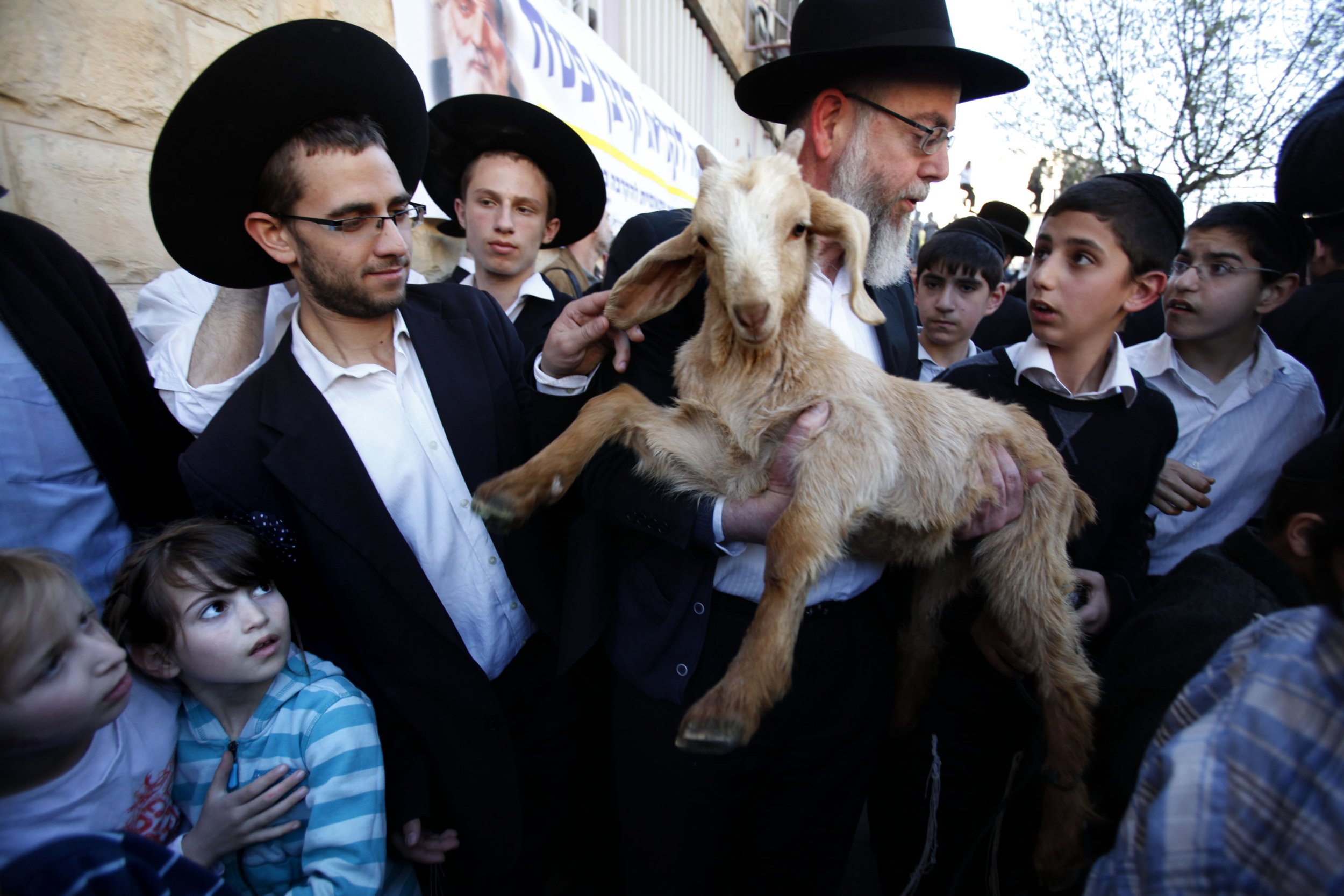Animal cruelty has been an ethical concern across cultures and religions, provoking debates about responsibility towards non-human beings. In Judaism, a faith rich in tradition, law, and morality, the treatment of animals is not merely a peripheral issue but is deeply embedded within the very fabric of its teachings. This article delves into the Jewish perspectives on animal cruelty, exploring the intertwining of faith, ethics, and tradition while contemplating a thought-provoking challenge: can one claim to honor their faith while overlooking the mandate to treat all living beings with kindness?
At the heart of Jewish beliefs is the overarching concept of tza’ar ba’alei chayim, which translates to “the suffering of living creatures.” This principle unequivocally condemns causing unnecessary pain to animals. The Torah, the foundational text of Jewish law, articulates directives not only for human conduct but also provides stringent guidelines regarding the treatment of animals. This holistic approach reflects a profound respect for creation, asserting that every creature has intrinsic value.
One of the biblical commandments that underscores this principle is the prohibition against muzzling an ox while it is treading grain. This law, though specific in its details, extends to a broader ethical injunction against interfering with an animal’s ability to fulfill its purpose and partake in necessary sustenance. The imagery of an ox laboring diligently, only to be deprived of its ability to eat, serves as an allegorical reminder of the essential compassion that must be extended to all sentient beings. It is this capability for empathy that forms the cornerstone of Jewish ethical responsibility.
Moreover, during the observance of the Shabbat, or Sabbath, Jews are commanded to ensure that animals are well cared for, prohibiting labor that would subject them to undue hardship. The day of rest serves as an opportunity to reaffirm this ethical stance, emphasizing that not only humans deserve respite from labor. Animals, too, share in this divine rest. Such practices promote a message of sensitivity that resonates through generations.
However, cognitive dissonance often arises when contemporary Jewish practices intersect with traditional beliefs. The ritual of kosher slaughter, or shechita, is argued to be a sacred practice, intended to minimize an animal’s suffering during its last moments. Yet, critics argue that the very act of slaughtering an animal for food contradicts the tenets that promote kindness and compassion. Does ritual significance supersede ethical considerations? This tension between longstanding traditions and modern ethical standards poses a formidable question worth exploring.
On the flip side, Jewish communities worldwide are increasingly embracing vegetarianism and veganism, motivated by ethical considerations concerning animal welfare. This shift reflects a growing realization that the values of compassion and non-violence espoused in religious texts must be applied in contemporary contexts. Organizations devoted to animal welfare have gained traction, infusing modern Jewish life with a heightened consciousness of the moral implications of food choices. As these movements evolve, they encourage dialogue about the extent to which traditional customs can adapt to align with contemporary ethical standards.
The rabbinical discourse around animal welfare also reinforces the principle that animals are not merely commodities to be exploited, but sentient beings deserving dignity. Prominent Jewish thinkers advocate for the expansion of tza’ar ba’alei chayim beyond mere prohibitions, urging an ethical treatment schema that encompasses rescue, rehabilitation, and advocacy. This holistic perspective encourages the Jewish community to reconsider its collective role in ensuring that the basic needs of animals are met.
Furthermore, the Jewish concept of stewardship, as posited in Genesis—”And God said, ‘Let us make man in our image, after our likeness; and let them have dominion over the fish of the sea and over the birds of the heavens and over the livestock and over all the earth'”—is complex. While ‘dominion’ has often been interpreted as license for exploitation, it can equally be understood as a call to responsible stewardship. This stewardship calls upon individuals to act as caretakers of the earth and its inhabitants, fostering a relationship characterized by responsibility rather than exploitation.
Just as Jewish theology intertwines with issues of social justice and equality, it undeniably prompts believers to confront animal rights as a vital moral concern. The ethical dilemmas that arise from predation, captivity, and industrial farming challenge Jews to reconcile their dietary practices with their faith principles. Can one truly engage in a faith that preaches compassion while participating in systems that perpetuate cruelty? This introspection is essential, as it serves to awaken a moral consciousness that reverberates beyond Jewish communities, inspiring a collective movement towards and advocacy for non-violence against all living beings.
In conclusion, the Jewish perspective on animal cruelty is multifaceted, deeply rooted in tradition, law, and ethical contemplation. The continuous engagement in dialogues surrounding these themes signifies a burgeoning consciousness that acknowledges the moral implications of actions taken against animals. As Jewish individuals and communities navigate the complexities of faith and practice, they are presented with an opportunity to reflect upon the fundamental question: how can the virtues of compassion and respect extend to all of God’s creations? The path forward will undoubtedly require a reconciliatory approach, one that honors tradition while embracing the moral imperatives intrinsic to the stewardship of life on this planet.








